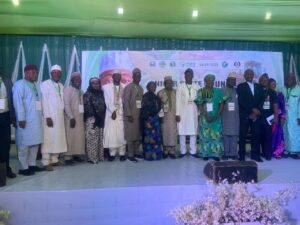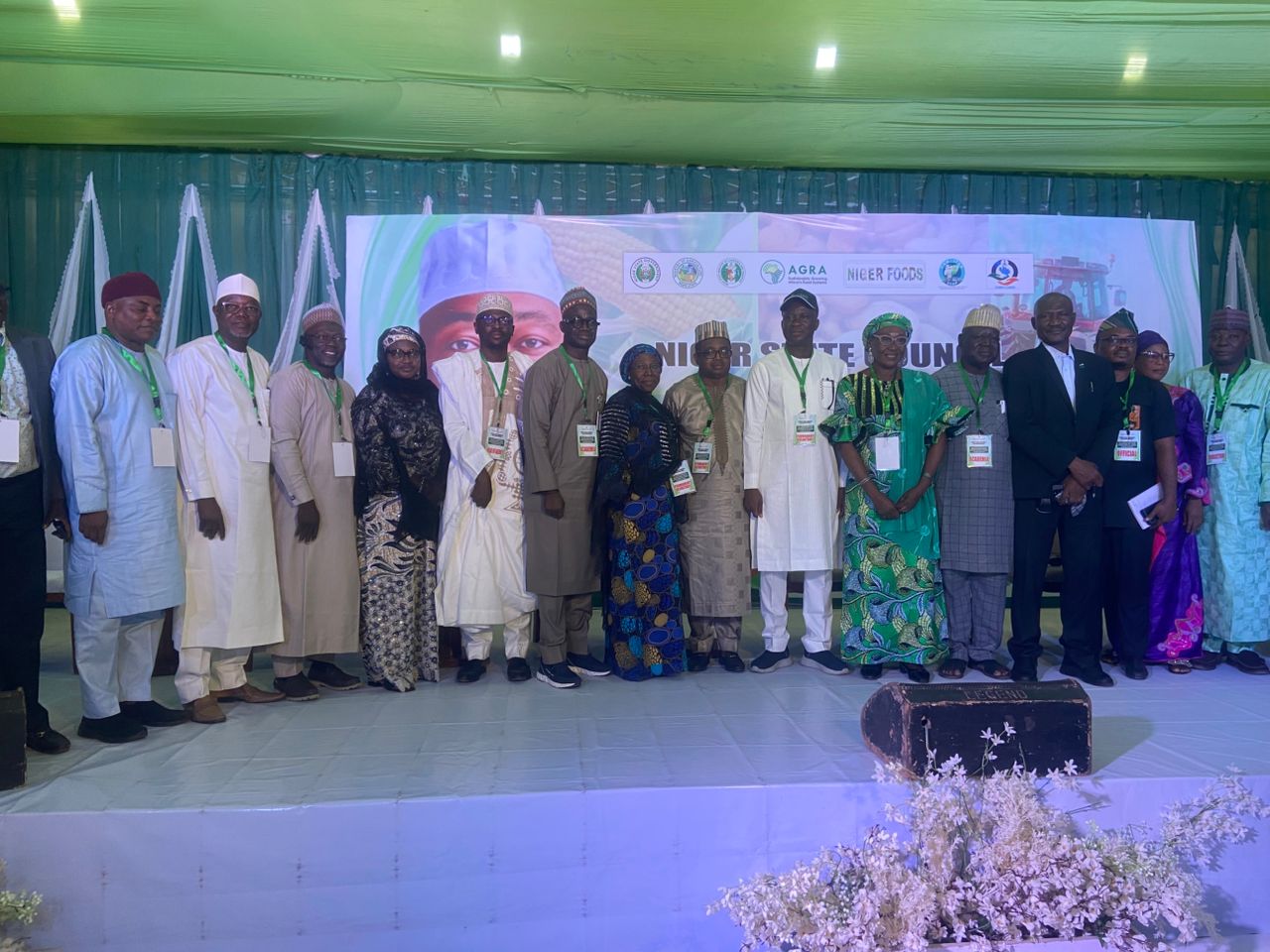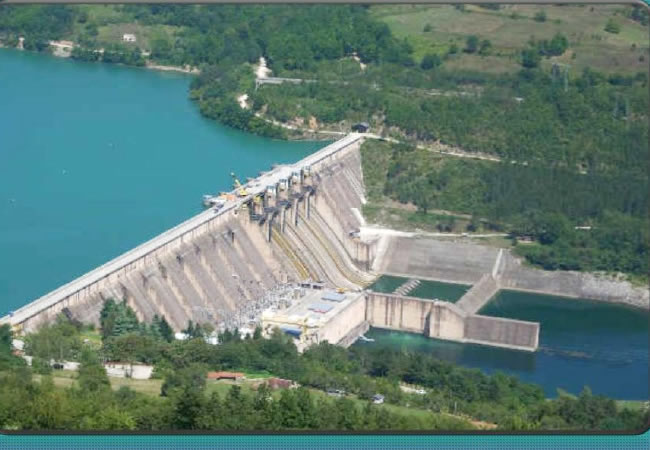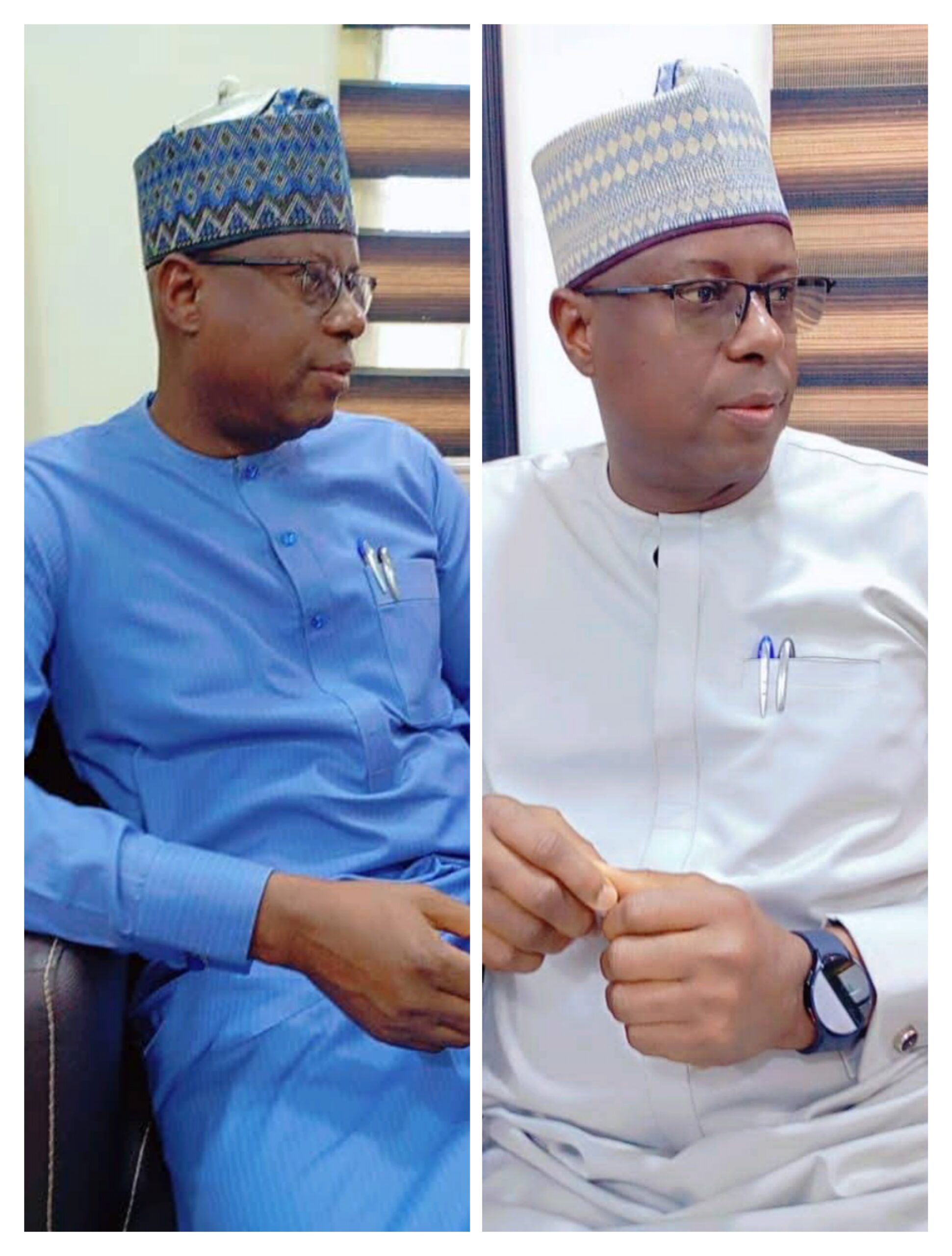By Rashidat AbdulRahman

The State Council on Agriculture convened in Minna with renewed commitment to transforming Niger State’s agricultural landscape. Welcoming stakeholders, the Permanent Secretary of the Ministry of Agriculture, Dr. Mathew Ahmed, said the meeting held under the theme “Driving transformative and sustainable agricultural reform in Niger State: Bridging policy and impact to overcome systemic gaps” was designed to tackle persistent challenges such as low productivity, weak infrastructure, and the growing threats of climate change.
He stressed the urgent need to close the gap between policy formulation and practical implementation, noting that meaningful progress depends on stronger alignment, collaboration, and accountability.

Dr. Ahmed also acknowledged the continuous support of AGRA and other development partners, urging all participants to work together in building a more innovative, resilient, and inclusive agricultural sector for the benefit of farmers and communities.
Earlier, AGRA Programme Officer Godswill Aguiyi reaffirmed the organization’s strong partnership with the Niger State Government, highlighting ongoing efforts to strengthen institutions, enhance service delivery, and boost productivity for smallholder farmers.
He outlined AGRA’s key investments, including a $1.4 million rice system project and a $1.2 million Business Development Service initiative that expand access to certified seeds, fertilizer, mechanization, climate-smart agronomic information, and business development support. AGRA is also assisting the Ministry in developing an integrated data system for evidence based planning and working with financial institutions to widen access to finance for SMEs and farmer groups.
Meanwhile, a presentation on private sector led livestock and fisheries development by the Chairman of Niger Foods Systems and Logistics Company Limited, Mr. Sammy Adigun represented by Niger Foods Programme Coordinator Engineer Bashir Tanko provided a detailed overview of Nigeria’s livestock sector. He underscored its vital role in food security, rural livelihoods, and economic growth, while identifying major constraints such as low productivity, inadequate feed supply, insufficient veterinary services, and climate related pressures on grazing resources.
Engineer Bashir in the presentation also highlighted risks including disease outbreaks, market instability, and post harvest losses. He called for strategic interventions such as improved breeding programmes, stronger extension services, and climate smart production systems, reiterating Niger Foods’ commitment to driving innovation, resilience, and sustainable growth across the livestock and fisheries value chains.











Leave a Reply